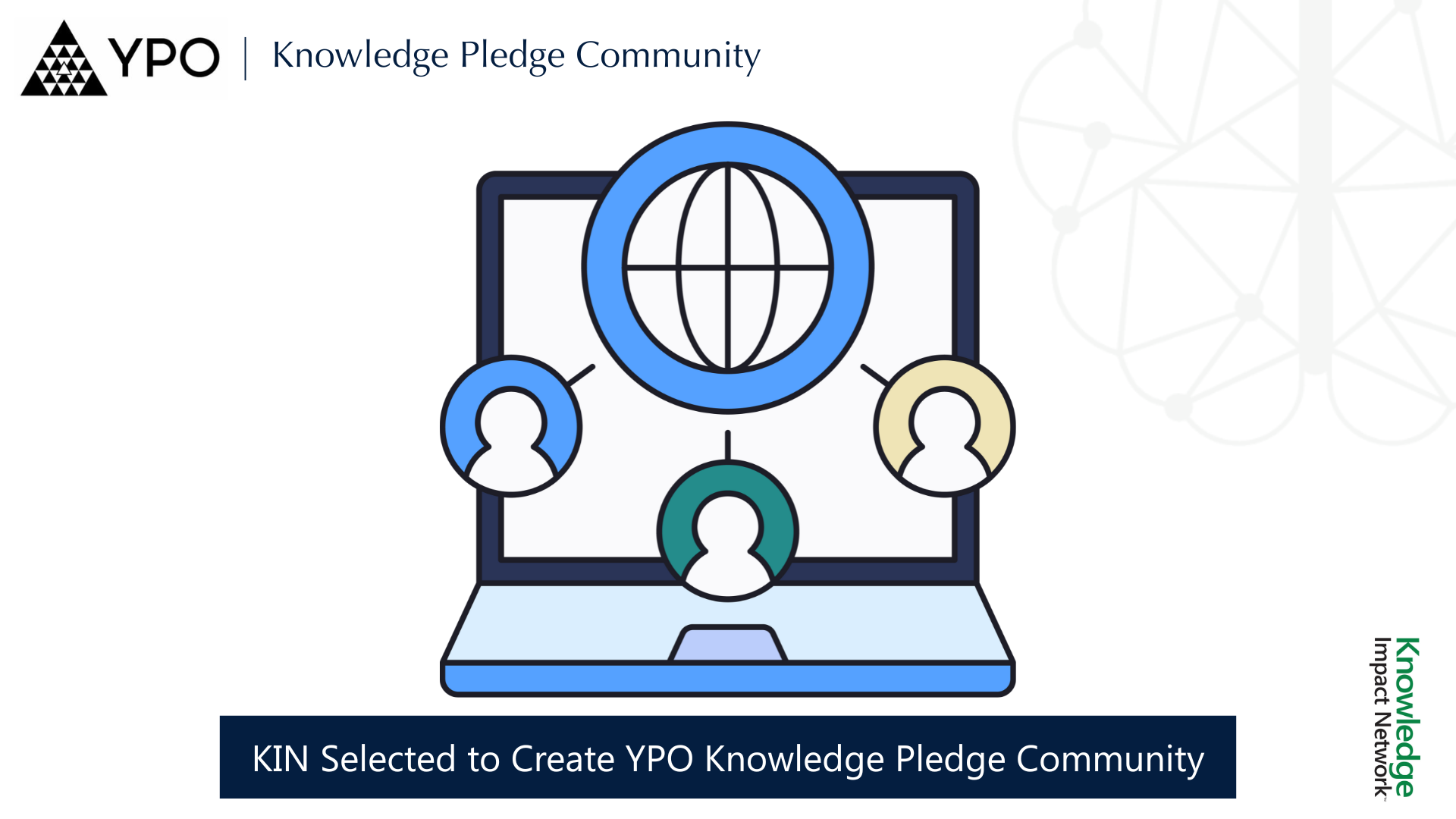
This spring KIN facilitated two Catalyze Sessions with one of our selected social ventures, Project Maji, founded by Sunil Lalvani with the mission to sustainably provide drinking water to rural, marginalized communities in sub Saharan Africa. Community water sites fund their own operations via payment from users, but the capital to build them requires significant time and effort in fundraising. Currently providing water solutions for approximately 250,000 people, Sunil seeks to scale their impact to over one million people by 2025. In efforts to do so, he is piloting a for-profit “growth center” in a suburb of Nairobi and considering additional locations where water infrastructure has not kept up with urban development. His long term goal is for these larger, for-profit franchises to fund water solutions for smaller, rural locations with limited resources.
Accompanying Project Maji in scaling their impact, we hosted their first Catalyze Session in April, bringing together social impact experts, or Knowledge Partners, with Sunil and Project Maji’s Strategic Advisor, Kate Kruikiel. The group of eight Knowledge Partners, Janani Krishnaswamy, Ankur Bhatnagar, Joel Rosenberg, Andrew Sherman, Tawanda Runganga, Lisa Rickards, Peter Kaju, and Geoffrey Fadoul, included experts from across the world with experience launching franchises and establishing social enterprises in sub-Saharan Africa. This allowed for rich, well-rounded perspectives in helping Sunil and Kate explore the intricacies, obstacles, and benefits of establishing a franchise-like business model. Commenting on the value of the session, Sunil indicates that there are strategies he is now confident in implementing, but also plans to “course correct” in other areas.
At the end of the session, Knowledge Partners pledged to continue assisting Sunil and Kate in a range of tasks including reviewing franchise agreements, assisting with navigating the Kenyan legal system, providing on-the-ground assistance to expand within Ghana and Zimbabwe. The entire group has also agreed to come together three months later to examine progress and address new questions about the implementation of the Nairobi growth center.
Building on the momentum of the first Catalyze Session, KIN hosted a second 90 minute session with Project Maji just a couple weeks later to help Sunil strategize how to use social media to drive donations for the nonprofit.
Tia Lalvani, Sunil’s daughter, helps to propel the organization’s mission by using her social media and content creation talent to tell the story of the communities where Project Maji is using donations to directly drive impact. While Sunil and Tia have a nuanced understanding of the communities in which they work, they seek expertise and guidance in determining best strategies for showcasing both need and progress in these areas in efforts to inspire existing and potential donors.
Once again tapping into our robust network of social impact experts, we brought together a well-versed group of Knowledge Partners (Vuyo Lutseke, Sulemaan Ahmed, Mouna Auir, Rebecca Kirstein Resch, Marc Feder) with backgrounds in communications, narrative-driven fundraising, sponsorship models, brand awareness, and beyond. The session included an in-depth analysis of the Project Maji brand and identity, ideas for how to capture the culture and essence of the communities in which they’re working, and strategies for fundraising campaigns and sponsorships.
While 90 minute Catalyze Sessions are designed to to assist social ventures, like Project Maji, they inevitably become spaces in which Knowledge Partners, too, are able to learn about and deepen their understanding about a specific impact space. This dynamic was captured by Sulemaan Ahmed, Co-Founder and Principal Educator of Servo Annex and one of the Knowledge Partners in the social media fundraising Catalyze Session. “This is my first time doing a call like this, but I’m so impressed with the caliber of people around the globe. It’s humbling to be on this call.”
We, too, are humbled by the impressive Knowledge Impact Network community, from social ventures seeking to make the world a better place for the people and planet and Knowledge Partners who are using their expertise to scale impact.



%402x.svg)
%402x.svg)
%20(1).png)
.png)
.png)
.png)

.png)
%402x.svg)
%402x.svg)